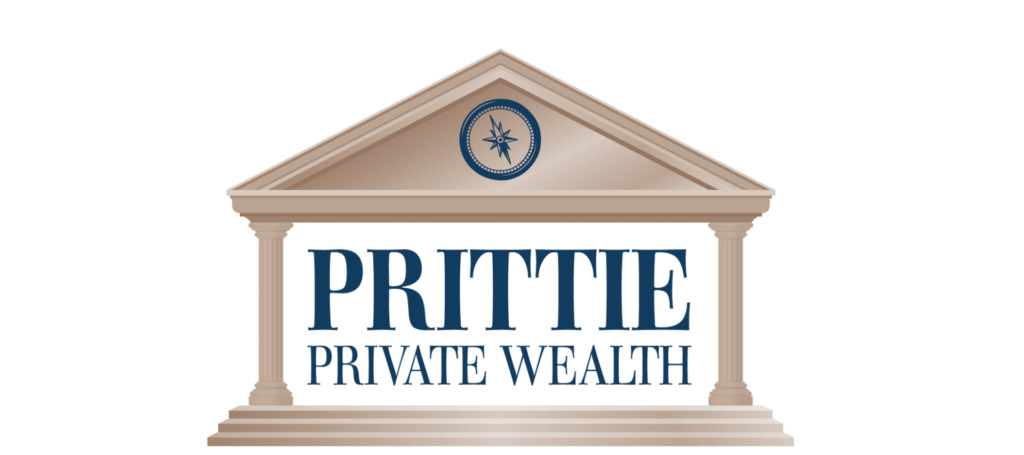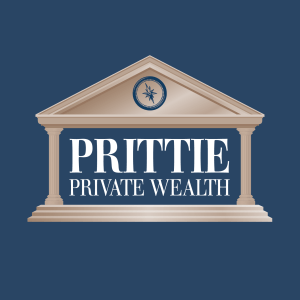Aggregate Accumulated Investment Income – Flying Close to the Sun with Passive Income

Being a business owner can be an extremely rewarding endeavour, and one of the benefits is lower corporate tax rates compared to the same income had it been earned as salary. As a business owner, you may also benefit from the Canadian Small Business Deduction if your company qualifies as a Canadian Controlled Private Company (CCPC). The small business deduction applies to the first $500,000 of active business income from business operations and is taxed at a more favorable 9% as compared to the general business rate of 15%. Once active business income goes past $500,000 you will then face the general rate of 15%, but you will have realized significant savings on that first half million of income.
With this favorable tax treatment, after operating expenses, taxes and other related costs, your operating company may have cash leftover, leaving you with a few options:
- Reinvest income into the company for future growth
- Take the income as a bonus on salary or as a dividend
- Tax-free intercorporate dividend and invest the proceeds within a holding company (HoldCo)
All three are viable options, but if the Internal Rate of Return on reinvestment within the company is low or not viable, and you don’t need extra personal income which would be subject to taxation, transferring the funds to a HoldCo and allowing them to grow tax deferred where you can withdraw the funds in retirement can be a very beneficial strategy. Now you may be thinking “what’s the catch for investing the funds?”. The small business deduction rate is subject to be clawed back and restricted if one of two things is true:
- Your corporation has active business income in excess of $10,000,000
- Aggregate Accumulated Investment Income (Passive Income) generated via investments exceeds $50,000
For our purposes, we will be looking at condition #2 which relates to Aggregate Accumulated Investment Income (AAII), but better known as passive income. First and foremost, while your active income is taxed at 9% and 15%, passive income is taxed as if it were a person in the highest marginal tax bracket in that respective province (approximately 50%). This is to discourage corporate investment income but one silver lining is part of this tax is refundable and recoverable upon payment of a taxable dividend to shareholders via a “Refundable Dividend Tax on Hand (RDTOH)”. However, regardless of the RDTOH, if your passive investment income from interest, dividends, and capital gains exceeds $50,000 in any given fiscal year, you will begin to lose your small business deduction at a rate of 5:1 for the following fiscal year – Meaning for every passive dollar above $50,000 you will lose $5 of Small Business Deduction on active business income. At passive income over $150,000 you lose the entirety of your small business deduction and in the following fiscal year, your new small business deduction based on passive income will apply. With the taxation hierarchy of investment income, interest income is fully taxable on a dollar-for-dollar basis making it the least attractive, then dividends in second place, but capital gains come in at number one as only half the gain is taxable as passive income, and the other half is credited to the Capital Dividend Account and can be paid to you tax free, and the tax is only incurred after you sell! This means so long as you buy and hold a high-quality business for the long term, the tax is deferred, protecting your small business deduction.
To help solve this problem as corporations can build up investible cash quickly is to work with licensed, experienced professionals in financial and portfolio management to keep passive income in check as we as your wealth management team monitor this and build portfolios that build your wealth while keeping taxes low to protect your small business rate. If you have any questions about income in your corporation, please reach out as I am happy to discuss strategies.
Written By: Adam Prittie








